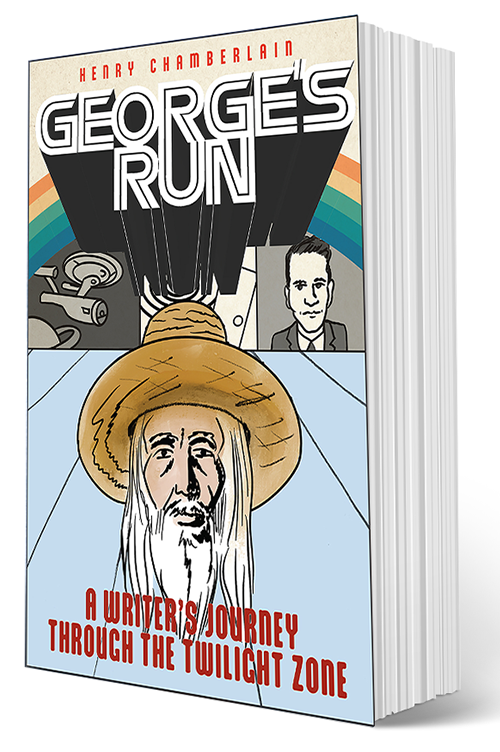The Washington Post is in an awkward spot as one of the objects of disdain for Donald Trump. However, the Trump White House requested copies of “The Post” and 20th Century Fox has obliged. So, despite the bad blood, apparently, the Donald is curious. And, if he should see it, he’ll discover that The Washington Post knows how to handle itself. Compelling stuff but the heavy-duty serious subject matter may bore Big Don. Besides, it won’t work for him if he’s rooting for Tricky Dick Nixon. For the rest of us, this movie about newspapers and freedom of the press is quite compelling.
We don’t really have spoilers to worry about too much. The Washington Post is inextricably linked in history with the Nixon White House, The Pentagon Papers, the paper’s owner and publisher Katharine Graham, and the paper’s executive editor Ben Bradlee. It’s all the peculiar facts that add up to show the courage involved for Bradlee (Tom Hanks) and especially for Graham (Meryl Streep). The tension resides in the nerve-racking decisions leading up to whether or not to publish material the government deems too sensitive for public, and political, consumption. The key word here is “political,” as the information in The Pentagon Papers was a political bombshell–but never put American lives in danger, as the Nixon White House claimed. In fact, it would save lives as it helped to put a stop to the war in Vietnam.
“The Post” is a perfect companion piece to Alan J. Pakula’s 1976, “All the President’s Men.” Director Steven Spielberg would certainly be mindful of comparisons. But the screenplay, written by Liz Hannah and Josh Singer, is on a decidedly different track. This is more of a character study and not so much a political thriller. That said, it certainly shares some of the same energy. As much as Hoffman, Redford, and Robards commanded the screen, so too does Streep and Hanks.
You can also make a favorable comparison with Adam McKay’s 2015 “The Big Short,” another movie that neatly presents a myriad of facts in an easily digestible form. Both movies are about confronting deception at an outrageous level. In one, the public has been duped into falling victim to Wall Street greed. In the other, the public has been duped into feeding the military industrial complex with the lives of its sons. The Pentagon Papers were, at their core, a study in failure intended for scholars at some future time. To have this study released to the public while the war was raging, was unthinkable. It uncovered deception at a massive scale going from Truman to Nixon. In order to publish, The Washington Post had to be willing to defy the courts’ understanding at the time that this act would amount to treason. To publish was an easy enough task for Bradlee to commit to. But for Graham, it was a gamble that put the very paper at risk of extinction.
Finally, “The Post” is an even closer companion piece to Spielberg’s own 2012 “Lincoln.” This all perfectly dovetails with Spielberg’s films of America at war as well as his biopics of American leaders in crisis. Katharine Graham is the pivotal character going against the status quo and conventional wisdom. Why can’t she just lay down and accept the Nixon White House’s demands, right? Streep gives a memorable performance that tenderly follows Graham’s journey from tentative caretaker of a vulnerable family business to a confident leader at a national, as well as an international level. For Hanks, he takes Bradlee from a man born confident to a man more modest and empathetic. Both must and do rise to the challenge of a White House that perceives the American free press as an enemy of the state. Sound familiar? Do you really think Donald Trump has watched this–as well as processed it?






















